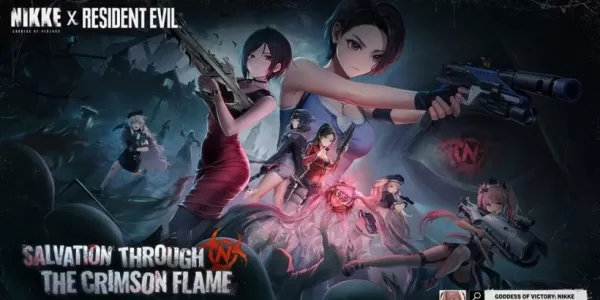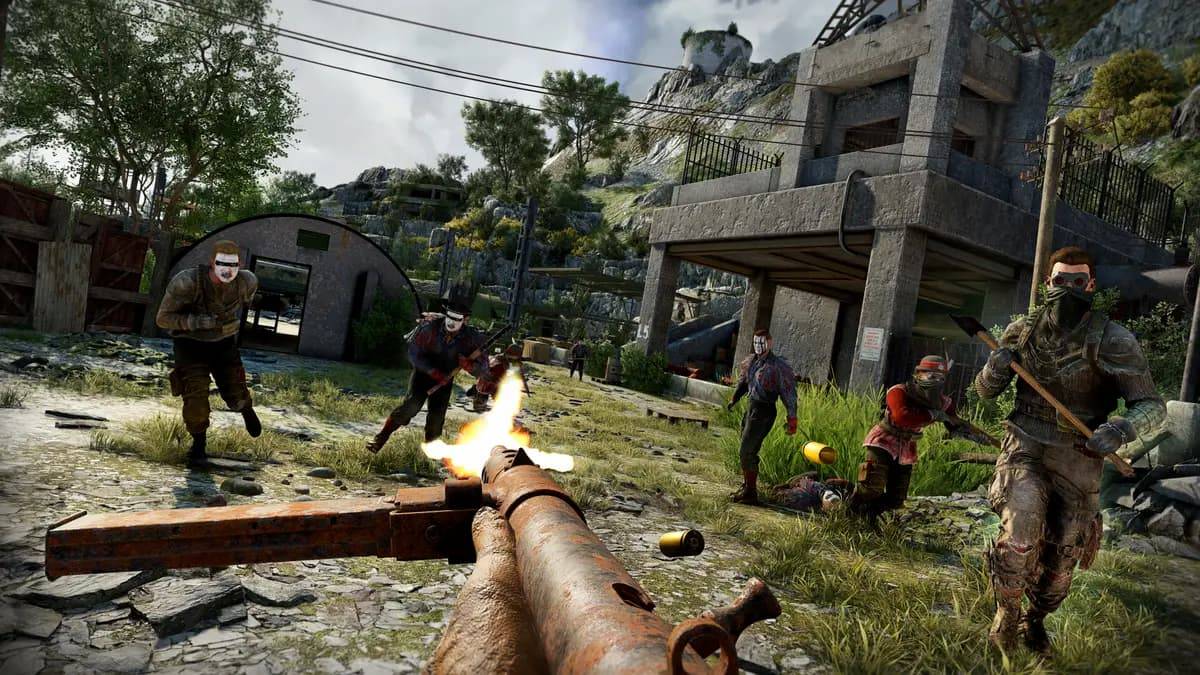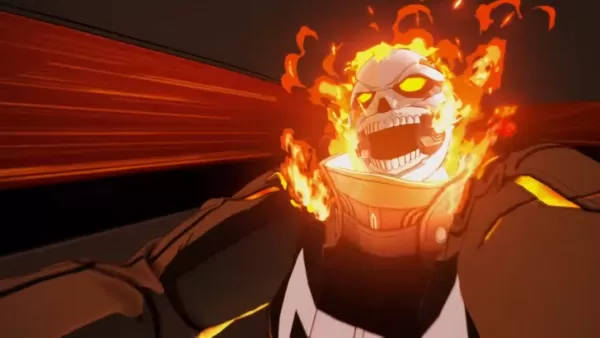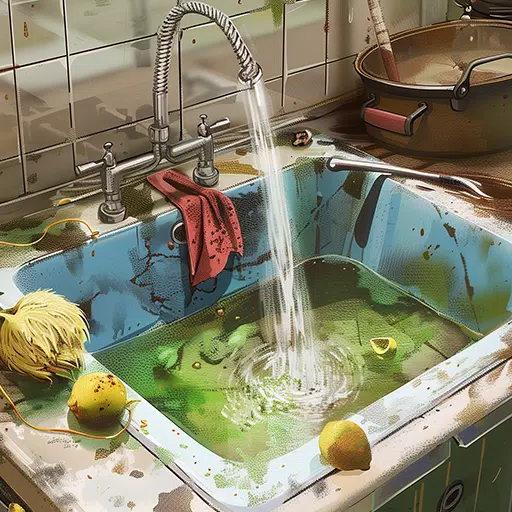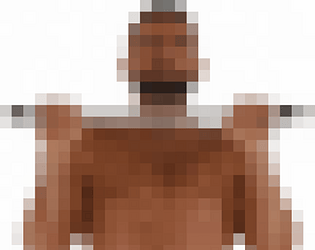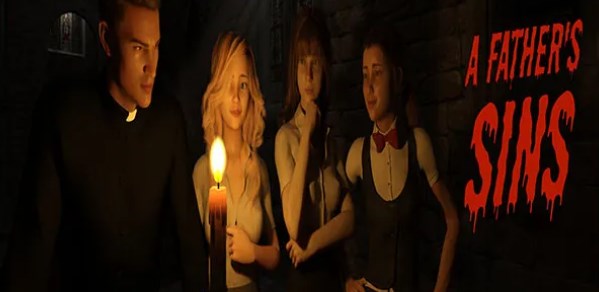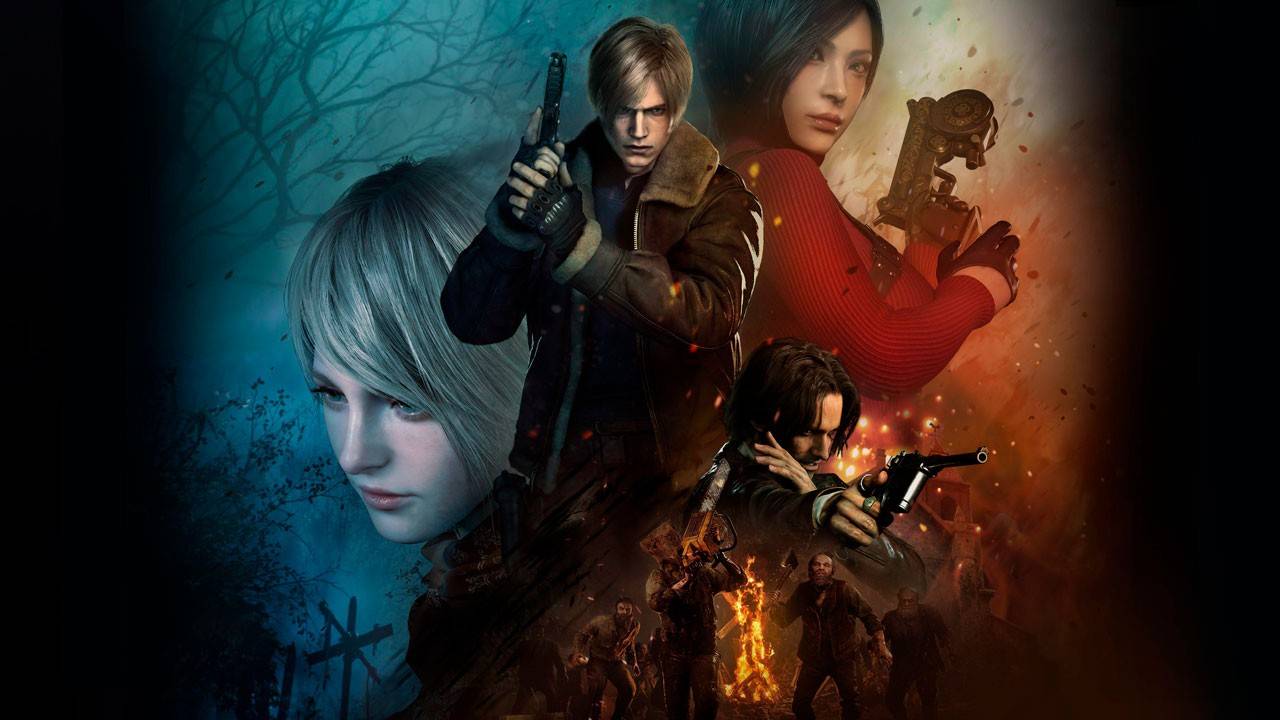
Yasuhiro Anpo, the director behind the acclaimed remakes of Resident Evil 2 and Resident Evil 4, shed light on the journey to revamp these classics. The decision to modernize Resident Evil 2 came after observing the fervent desire among fans to see the 1998 cult classic restored to its former glory. Anpo remarked, "We realized: people really want this to happen." Producer Hirabayashi's response was direct and decisive: "Alright, we'll do it."
Initially, the team contemplated starting with Resident Evil 4. Yet, after thorough discussions, they recognized that RE4's near-perfect status posed a significant risk for any alterations. Consequently, they shifted their focus to the earlier title, which was in dire need of modernization. To align their efforts with fan expectations, the developers delved into various fan projects, gaining insights into the community's desires.
Despite Capcom's internal deliberations, doubts persisted even among fans after the releases of the remakes of Resident Evil 2 and 3, and the announcement of Resident Evil 4's remake. Many argued that Resident Evil 4, unlike its predecessors from the 1990s with their fixed camera angles and clunky controls, did not require as much of an update. Launched in 2005, RE4 had already revolutionized the survival horror genre.
Nevertheless, the Resident Evil 4 remake successfully captured the essence of the original while enhancing the gameplay and narrative. The commercial triumph and glowing reviews validated Capcom's strategy, demonstrating that even a game deemed nearly untouchable could be respectfully and creatively reimagined.

